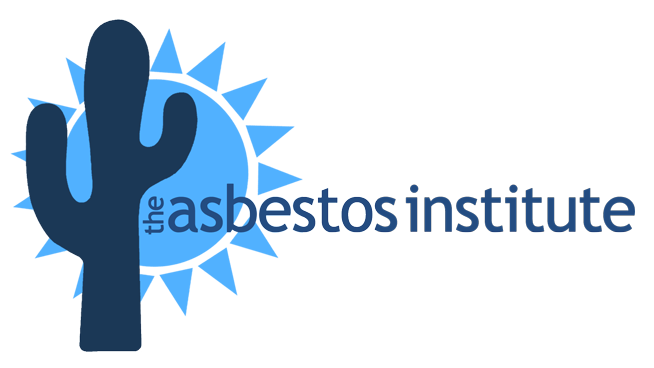From time to time we like to highlight the latest in clinical trials for Mesothelioma. As they involve quotes from medical professionals and extracts and quotes from academic reports and journals, we publish the article as it was originally written at asbestos.com brought to you by The Mesothelioma Center.
A much-anticipated, phase III clinical trial studying the use of gene therapy to combat pleural mesothelioma cancer has made a promising start.
Interest is growing in what many believe could soon change the standard of care for this aggressive cancer with no cure.
“I would definitely encourage patients to give this one a try,” Dr. Tawee Tanvetyanon, medical oncologist and principal investigator at Moffitt Cancer Center in Tampa, told The Mesothelioma Center at Asbestos.com. “It’s really too soon for me to say how well the treatment is doing, but I can say that it has been very well-tolerated.”
Moffitt, which is one of 40 treatment centers worldwide participating in the clinical trial, has enrolled four patients in the randomized study but is anticipating several more in the coming weeks.
The trial began in 2019 with the goal of including up to 300 mesothelioma patients across North America, Europe and Australia.
“So far, we have seen every indication that the protocol is safe and without any evidence of complication,” Dr. Daniel Sterman, of New York University School of Medicine and principle trial investigator, told The Mesothelioma Center and Asbestos.com. “But it is just too early to know any clinical results.”
Clinical Trial Explores Three-Drug Combination
The trial, known as the INFINITE study, is evaluating adenovirus-delivered interferon Alpha-2b, also known as rAd-IFN, an investigational drug and type of gene therapy.
It is used in combination with gemcitabine chemotherapy and celecoxib, a nonsteroidal anti-inflammatory drug.
The investigational drug is a genetically engineered adenovirus that triggers the anti-tumor effects of interferon, a naturally occurring protein found in the lining of the lungs that can slow or stop tumor growth.
This study will compare the effectiveness of the drug against a control group receiving only the gemcitabine and celecoxib. Patients have a one-in-two chance of being randomly assigned to either the adenovirus treatment or the control group.
Adenovirus-delivered interferon Alpha-2b is designed as a second- or third-line treatment for patients who have failed in earlier regimens. Patients who previously had aggressive mesothelioma surgery but whose tumors have since progressed would be eligible to enroll.
Success at the phase III level would mark the culmination of 20 years of researching and fine tuning gene therapy for use with mesothelioma cancer. Success also could lead to FDA approval.
“The hope is, we may have a new treatment option,” said Sterman, a longtime gene therapy researcher.
Sterman previously served at the University of Pennsylvania’s School of Medicine, working closely with Dr. Steven M. Albelda, an early pioneer in the gene therapy field.
“We’re hoping the triple drug combination will demonstrate significant improvement in survival,” Sterman said.
In the earlier phase II clinical trial, the treatment regimen showed a median survival of 17 months, compared to historical study controls of just nine months. The three-year survival rate was 20%.
“Over the years, gene-based therapy has had its ups and downs. It often was viewed as high-risk, high-reward,” Tanvetyanon said. “This one has been fully proven safe and effective in delivering what it was programed to do.”
Mesothelioma Study Conducted Around the World
The gene therapy drug is administered into the pleural space through a catheter only once, on the first day.
Patients receive celecoxib orally twice daily for 14 days. Gemcitabine is given intravenously on days one and eight of a repeating three-week cycle, continuing until there is disease progression.
The study is being conducted in the United States, Canada, France, Poland, Germany, Italy, Russia, the United Kingdom and the United States.
Specialty centers hosting the trial within the United States include:
- UCLA Medical Center, Los Angeles
- H. Lee Moffitt Cancer Center, Tampa
- University of Kansas Medical Center, Kansas City
- University of Maryland Medical Center, Baltimore
- Johns Hopkins Sidney Kimmel Cancer Center, Baltimore
- University of Minnesota, Masonic Cancer Center, Minneapolis
- Mayo Clinic, Rochester, Minnesota
- NYU Perlmutter Cancer Center, New York City
- University of Pennsylvania Abramson Cancer Center, Philadelphia
- University of Texas, Southwestern Medical Center, Dallas
The rAd-IFN therapy already has been approved — and is being used successfully — for bladder cancer in several European countries.
This study is sponsored by Trizell Ltd., a gene therapy company with manufacturing facilities in Finland and the UK.
“Right now, there just aren’t a lot of options available for mesothelioma patients,” Tanvetyanon said. “This one looks promising.”
Source: https://www.asbestos.com/news/2020/09/23/gene-therapy-trial-mesothelioma/
Asbestos, OSHA & AHERA Training Via Classroom & Online
The Asbestos Institute has provided EPA and Cal/OSHA-accredited safety training since 1988. From OSHA 10 to hazmat training and asbestos certification, our trusted and experienced instructors make sure participants get the high-quality initial and refresher training they need.
Classroom
We train on-site at our headquarters in Phoenix, AZ or at our clients’ sites across the U.S. We offer both English and Spanish courses. Browse Classroom Classes
Online
Online courses allow you to align your learning with your personal schedule. This is a great option for students with family and work commitments. Browse Online Classes
Webinar
Live webinars allow you to watch instructors on demand from the comfort of your home or office. Learn, chat with other students, and ask questions in real-time. Browse Live Webinars
Disclaimer
The Asbestos Institute is not the official authority to determine OSHA training requirements, which are set forth in the Occupational Safety and Health Act of 1970. OSHA regulations are always being revised, added, and/or deleted, so you must not rely on The Asbestos Institute as the official authority of OSHA asbestos training requirements. Visit the official OSHA Asbestos Training Requirements page here.


